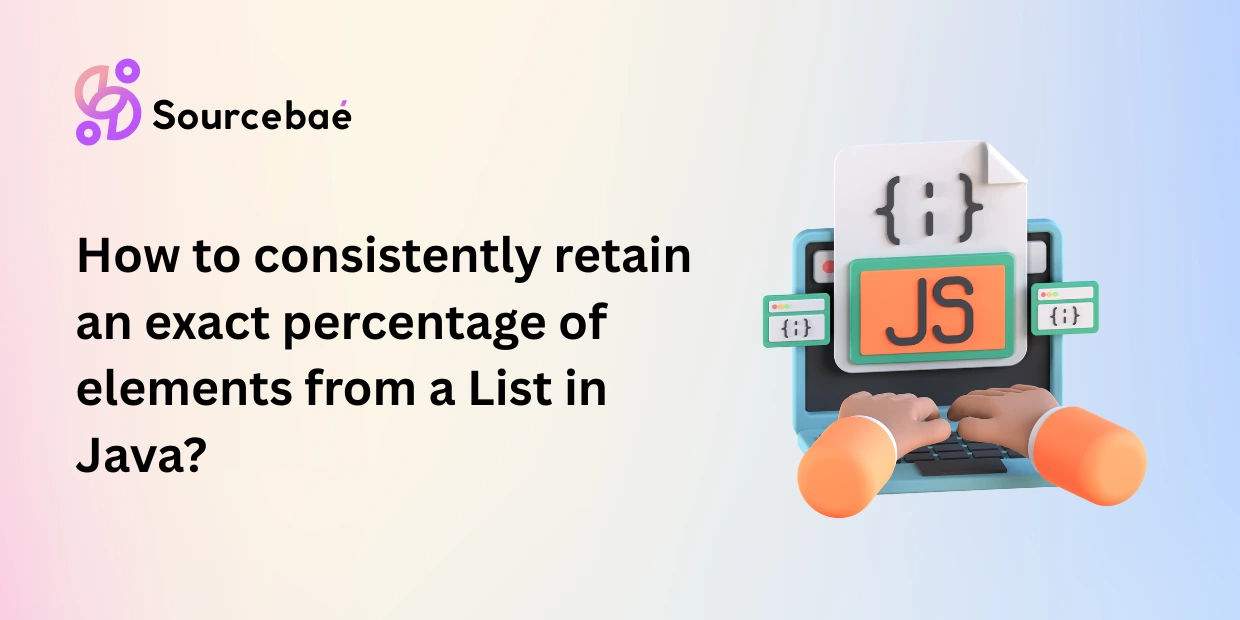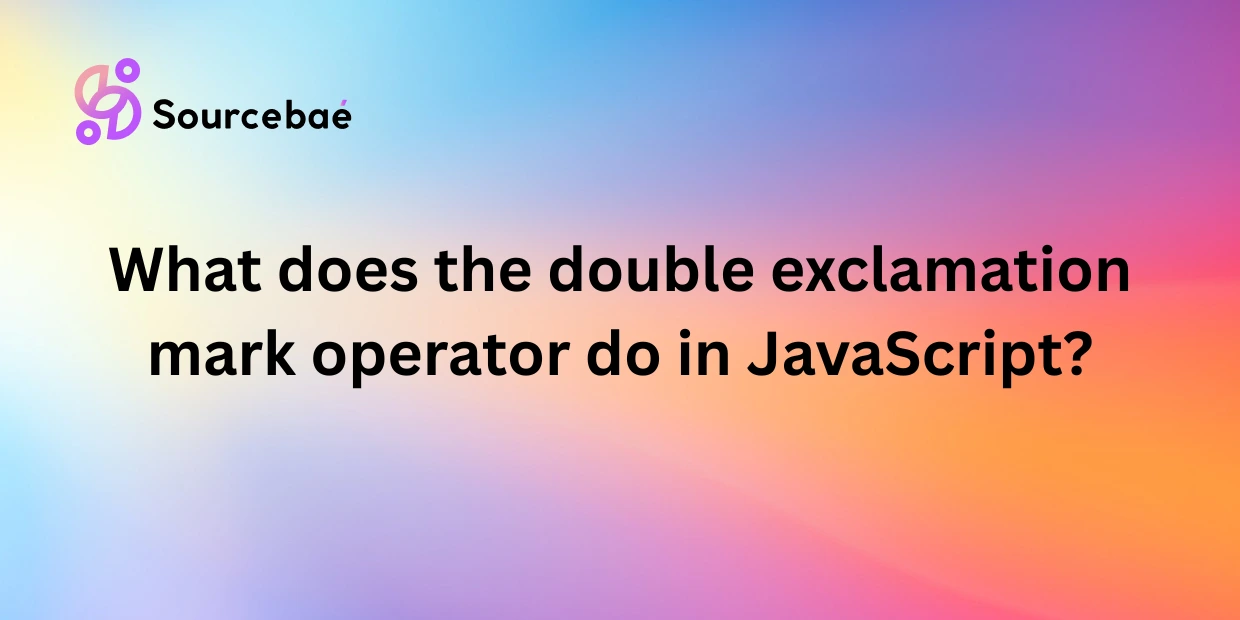Selecting the right programming language and platform is crucial for achieving optimal performance in software development. Go and Java are both popular programming languages known for their performance and scalability. In this in-depth article, we will compare Go and Java, exploring their strengths and weaknesses to help you understand which platform delivers a better performance for your specific requirements.
Understanding Go
Go, also known as Golang, is an open-source programming language created by Google in 2007. It was designed to be efficient, simple, and highly performant. Let’s delve into its key features and functionalities.
Concurrent and Parallel Execution
Go is built with concurrency in mind, allowing developers to easily create concurrent programs. Goroutines, lightweight threads in Go, enable concurrent execution, making it ideal for applications that require handling multiple tasks simultaneously.
Fast Compilation
Go’s compilation process is swift, leading to quick development cycles. Its fast compilation ensures reduced development time and faster deployment of applications.
Garbage Collection
Go features automatic garbage collection, relieving developers from managing memory manually. This leads to more efficient memory usage and fewer chances of memory leaks.
Understanding Java
Java, developed by Sun Microsystems (now owned by Oracle), has been a prominent programming language since its inception in the mid-1990s. Known for its portability and robustness, Java continues to be a popular choice for various applications.
Write Once, Run Anywhere (WORA)
Java follows the principle of “Write Once, Run Anywhere,” which means that Java code can be compiled into bytecode and executed on any platform with a Java Virtual Machine (JVM). This cross-platform compatibility makes Java suitable for various environments.
Object-Oriented Programming
Java is a fully object-oriented programming language, promoting the use of classes and objects. This approach enhances code reusability and maintainability, making it a favorite among enterprise-level applications.
Robust and Secure
Java’s strong type-checking and exception handling make it robust and secure. The JVM’s built-in security features ensure safe execution of code, making Java an excellent choice for critical applications.
Performance Comparison
Now that we have explored the key features of both Go and Java, let’s compare their performance in various aspects.
Speed and Efficiency
Go is renowned for its speed and efficiency, especially when it comes to concurrent execution. Its lightweight Goroutines and low memory overhead contribute to faster processing of tasks.
On the other hand, Java’s performance is highly optimized and has improved significantly over the years. The JVM’s Just-In-Time (JIT) compiler optimizes bytecode at runtime, leading to impressive performance.
Memory Usage
Go is designed to be memory-efficient, making it an excellent choice for applications with limited resources. Its garbage collection mechanism ensures proper memory management.
Java, while efficient in memory usage, may require more memory due to its robust object-oriented features and JVM overhead.
Parallel Processing
Go’s concurrency model allows for easy parallelism, enabling applications to take advantage of multi-core processors effectively.
Java also supports parallel processing through threads and libraries like java.util.concurrent, making it suitable for multi-threaded applications.
Use Cases and Performance Considerations
The choice between Go and Java depends on the specific use case and performance requirements of your project. Let’s explore some common scenarios and performance considerations for each platform.
Use Cases for Go
- Web Servers: Go’s high performance and concurrency make it an excellent choice for building scalable and efficient web servers.
- Network Programming: Go’s efficient handling of concurrent connections makes it suitable for network-intensive applications.
- Cloud-Native Applications: Go’s lightweight binaries and quick startup time make it ideal for cloud-native applications.
Use Cases for Java
- Enterprise Applications: Java’s robustness and mature ecosystem make it ideal for developing large-scale enterprise applications.
- Android Development: Java is the official language for Android app development, offering seamless integration with the Android platform.
- Big Data Processing: Java’s parallel processing capabilities are beneficial for handling large datasets in big data applications.
FAQs
Q: Which language is faster – Go or Java?
Go tends to have better raw performance due to its lightweight concurrency model, but Java’s performance has significantly improved with recent optimizations.
Q: Is Go difficult to learn for Java developers?
Not necessarily. Java developers might find Go’s syntax and simplicity refreshing and easy to grasp.
Q: Which platform is better for microservices?
Both Go and Java are suitable for microservices architecture. Go’s lightweight and fast compilation make it a popular choice, but Java’s mature ecosystem is also preferred for enterprise-grade microservices.
Q: Can I mix Go and Java code in the same project?
Technically possible, but not recommended, as it may lead to complexity and compatibility issues.
Q: Does Go or Java have better community support?
Both languages have active and vibrant communities, offering extensive libraries, documentation, and support.
Q: Which language is better for concurrent programming?
Go is often preferred for concurrent programming due to its built-in concurrency support and lightweight Goroutines.
Conclusion
In conclusion, both Go and Java are powerful programming languages with unique strengths and advantages. Go excels in concurrency and performance, making it a top choice for specific use cases like web servers and cloud-native applications. Java, with its cross-platform compatibility and robustness, remains a solid choice for enterprise-level applications and Android development. The decision between Go and Java ultimately depends on your project’s specific requirements and performance considerations. Evaluate your needs, consider the strengths of each language, and make an informed choice for better performance and successful development.






